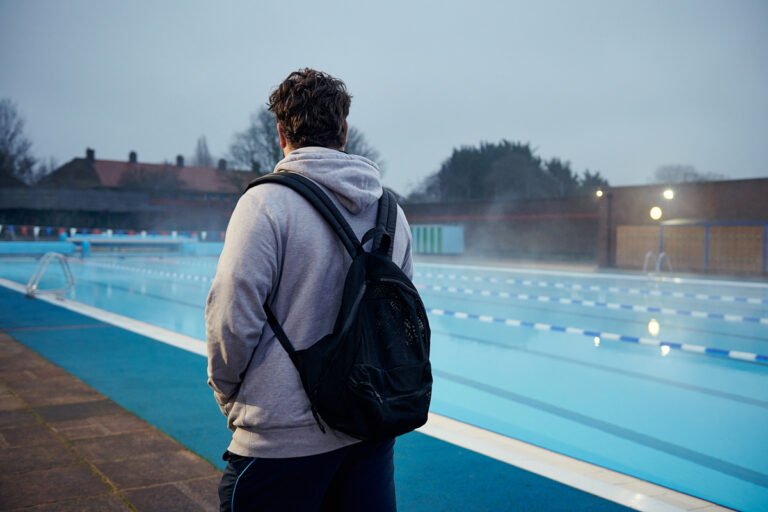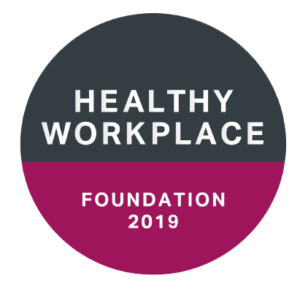More than half of London adults learned to swim in a public swimming pool, and 1 in 10 have not learned to swim at all
The inequalities gap around access to swimming continues to grow
Concerns about the potential impact of pool closure on water safety, drowning, future generations and local communities are widespread
LONDON, UK | Half of Londoners feel that they would be negatively impacted if their local pool closed or implemented reduced hours.
Data unveiled by London Sport in partnership with Opinium revealed the severity of concerns around potential closures or reduced access to swimming pools. With nearly 7 in 10 Londoners agreeing that affordable pools are vital for local families, and with mounting pressure faced by leisure centres due to the cost-of-living crisis, there is growing concern about the future of pools and the impact it could have on local communities and water safety should pools close.
With spiralling energy costs, many pools and leisure centres have had to increase prices for memberships or find other cost cutting exercises including reducing pool temperatures. However, there are also wider concerns about pools reaching the end of their lifespan this decade and not being replaced, with Swim England predicting a 40% fall in the number of pools available by 2030 (compared with 2019). London is estimated to face a shortage of 157 ‘average-sized’ swimming pools compared to population size.
While over half of Londoners (54%) learned to swim at a public pool, 1 in 10 (11%) have not learned to swim at all. The research also conveys an unequal impact on distinct groups in London, as nearly 1 in 5 adults from lower socio-economic groups and ethnic minority groups have not learned to swim.
Similar to the proportion of adults that learned to swim at a public pool, 58% of Londoners have expressed concern about restricted access including potential for closure, with ethnic minority groups far more likely to express concerns (70%).
Sport England Active Lives data found that 97% of black adults and 86% of black children in England do not swim regularly, with similar figures for Asian communities (96% for adults and 83% for children).
Inequality around water safety has also been raised, with this issue likely to become more pronounced as people take to the beach and swim during the warmer months. Sport England’s Active Lives Children and Young People Survey 2021/2022 found that only 30 per cent of children from low family affluence can swim 25 metres unaided, with Black and Asian school children ranking the lowest in their capability to swim in comparison to other ethnic groups in London. Concerns have also been raised as drowning is the third-leading cause of unintentional injury death worldwide, accounting for 7% of all injury-related deaths, according to WHO.
While the Chancellor announced in his Spring Budget emergency funding of £63.3m to help pools and leisure centres tackle the challenges brought on by cost-of-living crisis, London Sport believes that the funding does not far enough to secure the long-term future of swimming and the wider benefits that access to pools have on communities across the country.
Emily Robinson, CEO of London Sport said: “Swimming is a vital life skill and access to pools are critical to saving lives and supporting communities across the capital.
We also know that swimming can improve mental and physical health, reduce loneliness, and even help children perform better at school. Economically, weekly swimming saves the NHS and social care systems £357m each year.
“It is crucial that we safeguard the future of our pools. We already have far too many Londoners that can’t swim, and I dread to think about the implications the current crisis will have on future generations and how it will widen the inequality and inactivity gaps that are already prevalent across the capital.”
The increased cost of living has also raised concerns about individual’s ability to pay for swimming sessions and wider memberships. A recent report from London Sport showed that 13% of Londoners have cancelled paid-for memberships, and 1 in 5 are increasing their use of free exercise including running and walking.
Other key findings include:
Londoners agree that having access to a local and affordable public pool:
…is crucial as swimming is as an essential life skill, e.g. to ensure water safety (79%)
…is crucial to support children’s development (75%)
…is vital for local families, in particular low-income households (68%)
…furthermore, the majority agree that public pools help people in their local communities to keep connected (64%).
Read the full report here.
ENDS
For further comment or interview opportunities, contact Anil Manji, Head of Communications & Marketing, London Sport | [email protected] | 07942581014
Notes to Editors
London Sport Poll commissioned in partnership with Opinium (adults aged 16+)
Results based on online survey sample of n=500 London adults, with nationally representative sample of n=2000 UK adults. Discrete sub-group samples referenced range from n=1759 white adults across the UK, to n=90 for lower socio-economic group adults in London.
About London Sport
London Sport is a charity that exists to help all Londoners live longer, healthier and happier lives through being active. Our focus is on children and adults in the most deprived communities who face the greatest challenges of inequality.
With physical inactivity responsible for 1 in 6 premature deaths, we want to help every Londoner find their way to move more. Supported by Sport England and the Mayor of London, we collaborate with London’s local authorities and other organisations to provide better access to sport and physical activity across the capital.
For more information on London Sport, visit www.londonsport.org





